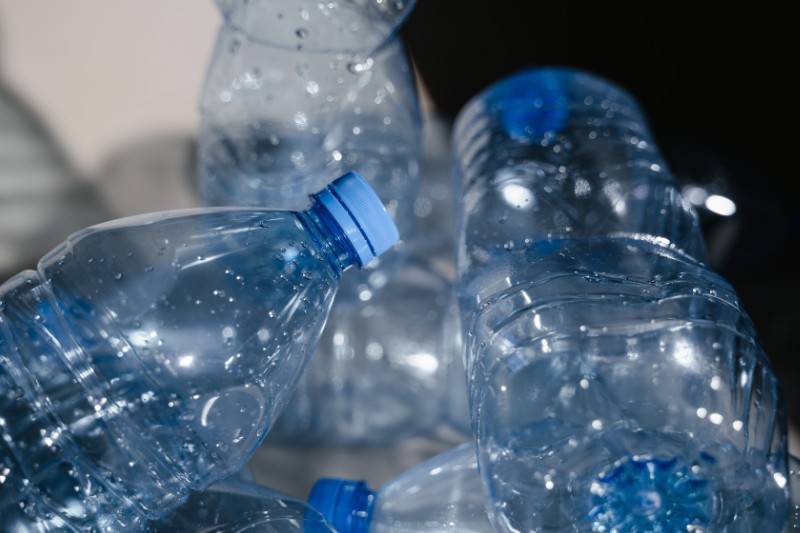Polyethylene terephthalate (PET) is the most commonly used form of plastic, and supermarket shelves are full of it.
It’s also one of the more heavily recycled materials, but many environmentalists have been highlighting the overwhelming supply of PET.
Much of it has been used in the car industry, but it has just seemed like a new use is needed to be found where large quantities of it could be sustainably used.
And that’s something that Resource Recycling highlighted a few weeks ago that PET had been successfully used in road building.
According to Resource Recycling,
“The $3.2 million Caltrans repaving project covered three lanes for about 1,000 feet along Highway 162 in Oroville, which is a town north of Sacramento. The asphalt there has a range of recycled polyester polyol loadings, Weaver said. For the entire project, G5 makes up about 4.2% of the weight of material used. Of that G5 weight, specifically, the recycled polyol ranges from 4% to 20%, Weaver said.”
Through some great innovative processes, a California-based company has been able to include recycled PET in asphalt for roads and sidewalks.
Not only could this new use consume much of the surplus PET, but reports suggest that it makes the asphalt a lot more durable.
This would reduce the need for regular repairs and resurfacing, which would put less strain on other resources at the same time.
Sounds like a win-win situation for the recycling industry.


